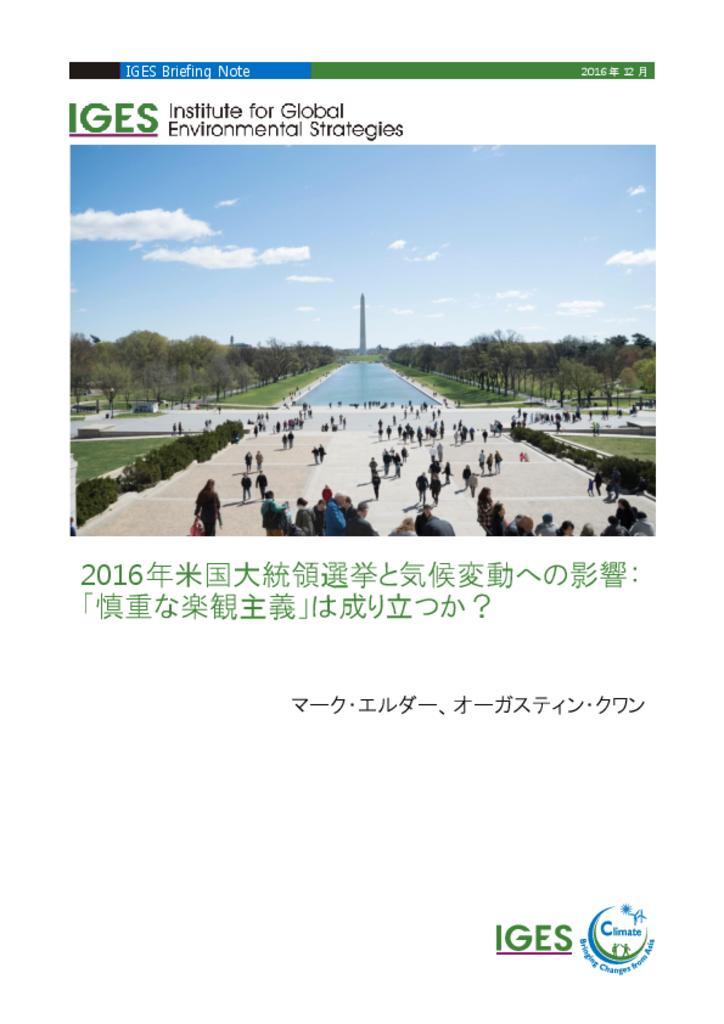In Energy Policy
In this paper we pointed out a hidden inequality in accounting for trade-related emissions in the presence of border carbon adjustment. Under a domestic carbon pricing policy, producers pay for the carbon costs in exchange for the right to emit. Under border carbon adjustment, however, the exporting country pays for the carbon costs of their...


